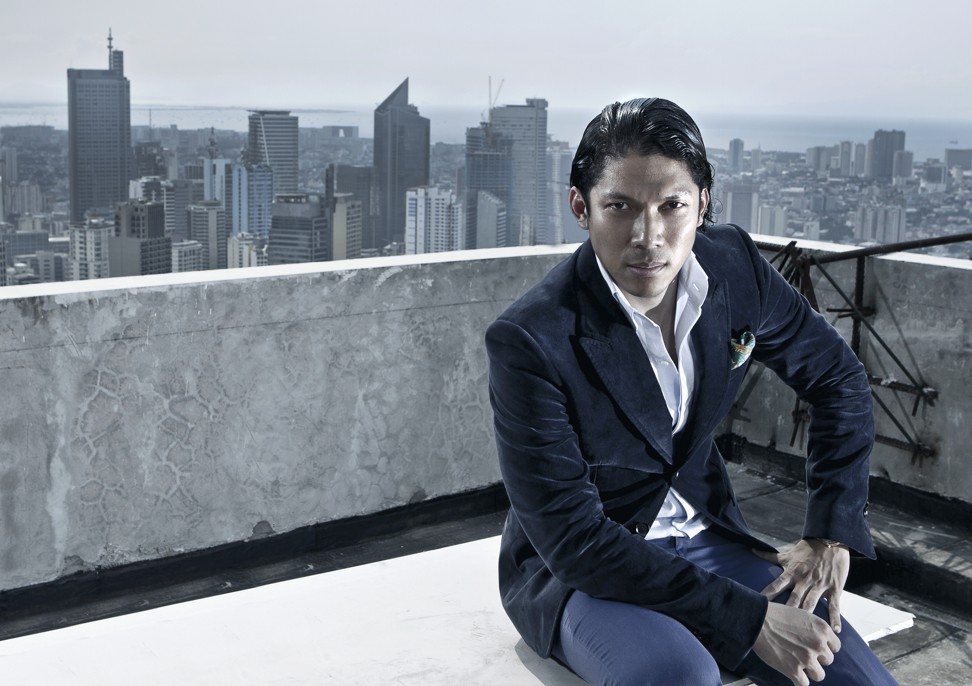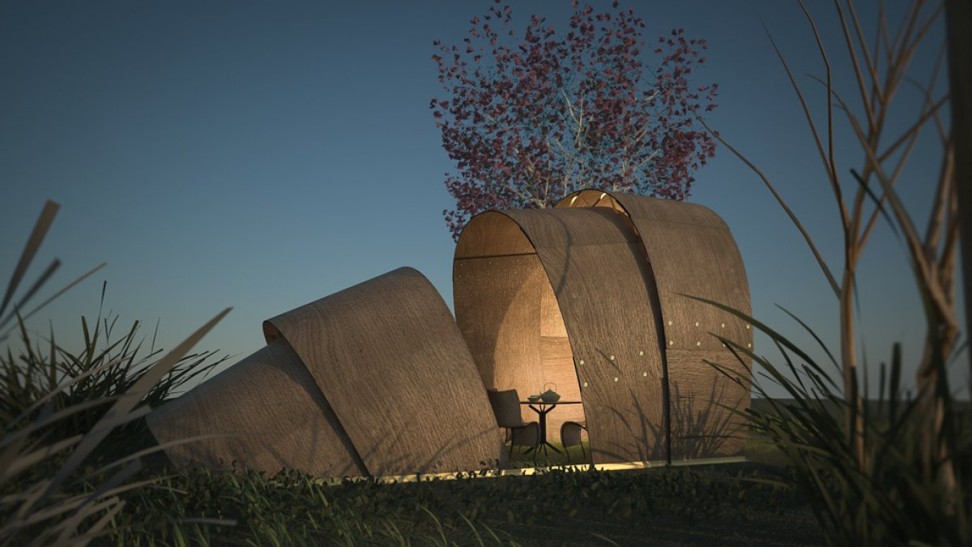
Revolution Precrafted: could Philippines’ first unicorn become the ‘Ikea of homes’?
A start-up from the Philippines is looking to blaze a trail in the emerging sector of property technology, or proptech, by supplying limited-edition, luxury prefabricated homes to a global market primed for new modular dwelling options.
Revolution Precrafted recently became the Philippines’ first “unicorn”, a start-up valued at more than US$1 billion, amid efforts to bring its luxury prefabricated houses – composed of modular parts that can be snapped together on-site like Lego bricks – into 25 countries by the end of this year.
Despite its high valuation, the company is yet to make its first shipment of prefabricated homes.
“We want to be the Ikea of homes,” said Jose Roberto Antonio, the founder and chief executive of Revolution Precrafted, in an interview. “We want to be able to create homes that can be built in 60 to 90 days, as opposed to two years.”
The Manila-based company, which expects to soon start talks with property developers in China, will deliver its first 100 modular home units this December in its home market.
Its expansion initiative has come at a time when residential property prices are surging across Asia’s major economies, and prefabricated homes are increasingly viewed by many experts as cheaper and faster-to-build alternatives to traditional housing units.
A housing crisis in Hong Kong, for example, has led the city’s government to embark on its first social housing project using prefabricated container homes, with the first batch of units expected to be ready for families to move in around September next year.
With an ageing construction labour force, and a five-year wait to get into low-rent public housing, the need to build quickly and cheaply has become paramount in Hong Kong.
Such modular buildings have already become commonplace in larger markets, such as mainland China and the United States.

While there are many companies around the world that specialise in modular homes, Antonio said Revolution Precrafted was the first one to focus on luxury prefabricated homes.
The firm sells direct to property developers that establish the sites for prefabricated homes. Its first 100 units will be installed this December in Batulao Artscapes, a project described as a “liveable art park” under the Antonio family-owned Century Properties.
Antonio has enlisted the help of more than 80 prominent architects, artists and designers to create an exclusive range of prefabricated homes. These include experts from such firms as Zaha Hadid Architects, Jean Nouvel Design, Ron Arad Architects and Kravitz Design.
The average price of homes from Revolution Precrafted costs around US$120,000. A 23-square metre home, however, starts for about US$10,000, which is estimated to be 72 times less than what a similarly sized flat would cost in Hong Kong.
Antonio, 41, hoped to get costs down over time to make his firm’s prefabricated homes more affordable, especially in other countries in Southeast Asia.
“I want to sell homes to the mid-market and later down the road, to the affordable market,” he said. The goal, he added, was to help more people be able to afford their dream homes even if they are not wealthy.
Asa Bruno, a director at Ron Arad Architects, said the firm has already designed for Revolution Precrafted what it calls an “Armadillo Tea Canopy” – an independent shelter made of timber that is shaped like the leathery armour-shelled mammal – for both indoor and outdoor use.
“For us, it was very important to make [the tea canopy] affordable,” Bruno said. “So while it’s luxurious, it’s not completely beyond the means of most people.”

The asset-light model of Revolution Precrafted, in which it strikes deals with developers and works with factories to produce the homes, has helped make the firm profitable, according to Antonio.
The company, which counts 500 Startups and K2 Global as investors, currently has construction projects in 22 countries, including Myanmar, Japan, Puerto Rico, the United Arab Emirates and Spain.
It is among a growing number of proptech start-ups in the Asia-Pacific, which have raised funding of about US$4.8 billion of the US$7.8 billion total invested globally from 2013 to June 2017, according to a report published in February this year by real estate consultancy JLL and regional start-up platform Tech in Asia.
“What Revolution Precrafted is doing is structural disruption, and most of all, they make huge revenues from the get-go,” said Khailee Ng, a 500 Startups partner who manages the venture capital firm’s Southeast Asian fund.
We want to be able to create homes that can be built in 60 to 90 days
“We always look for large industries which have little or no innovation. The property sales and construction value chain is one of the biggest there is, and has essentially been the same for too long.”
The total value of investible global commercial real estate is forecast to reach US$65 trillion by 2020, with the Asia-Pacific accounting for more than 30 per cent of that amount, according to JLL.
Still, Antonio said the market for his company’s luxury prefabricated homes would be places like Malaysia or China, where it was looking for a trusted developer as a partner and where there is plenty of land for such development. The company would not be able to “provide value” in densely populated markets, such as Singapore and Hong Kong, he said.

